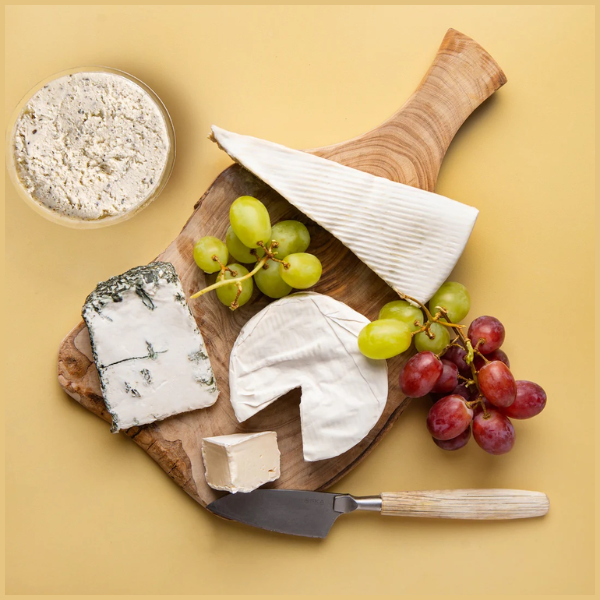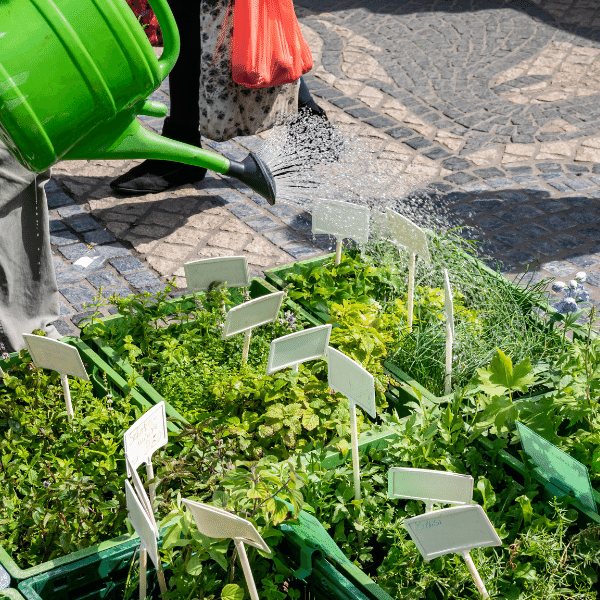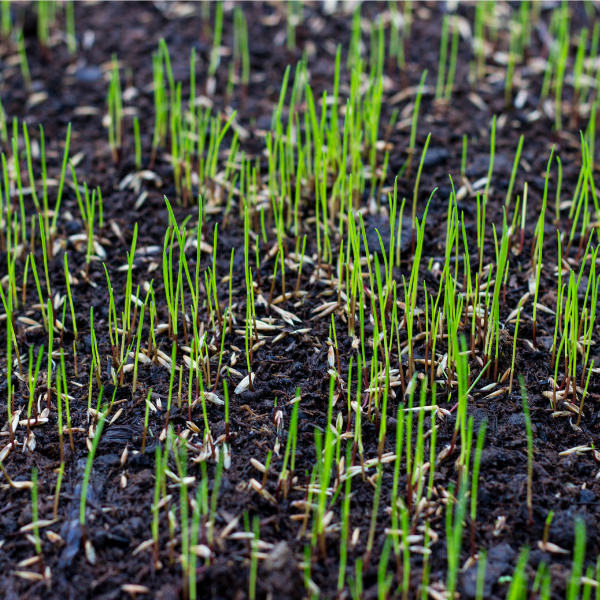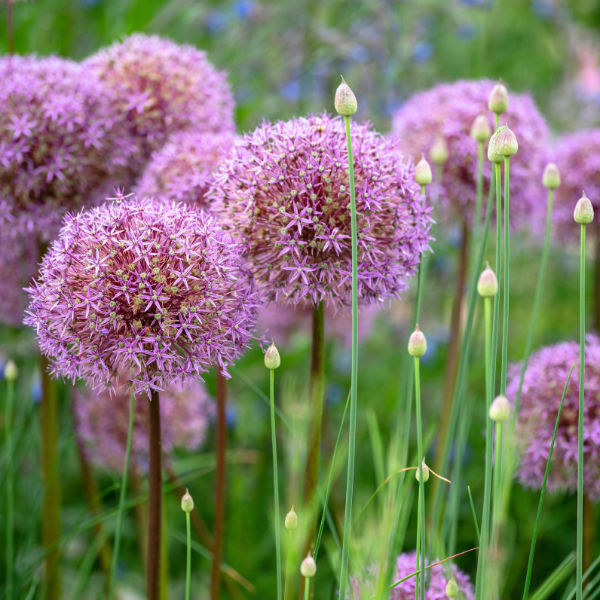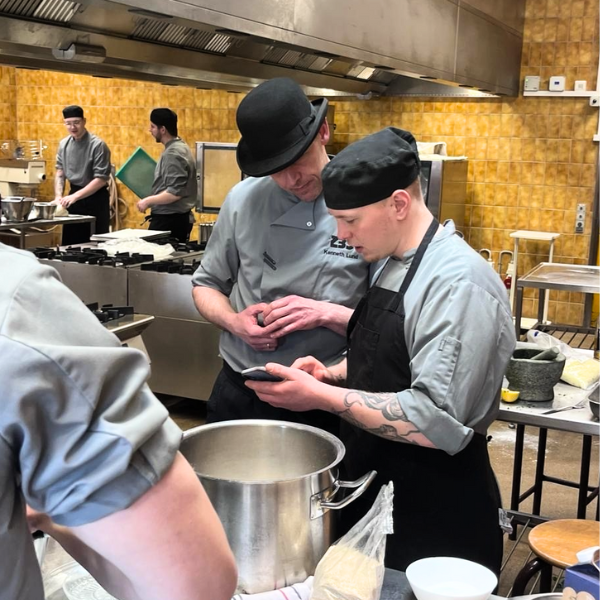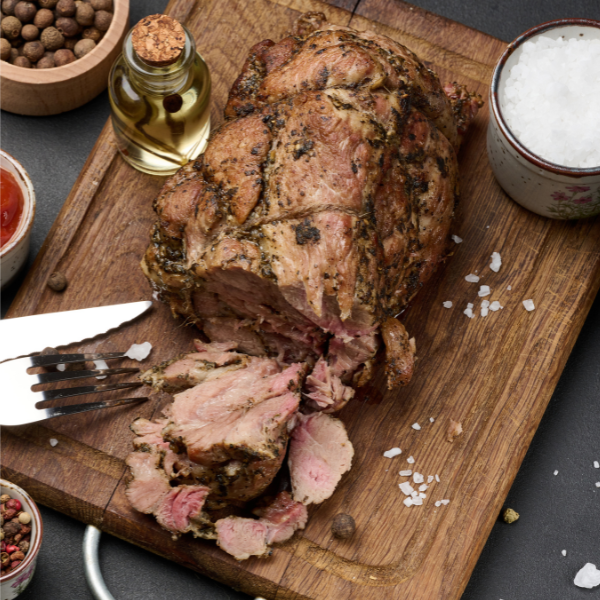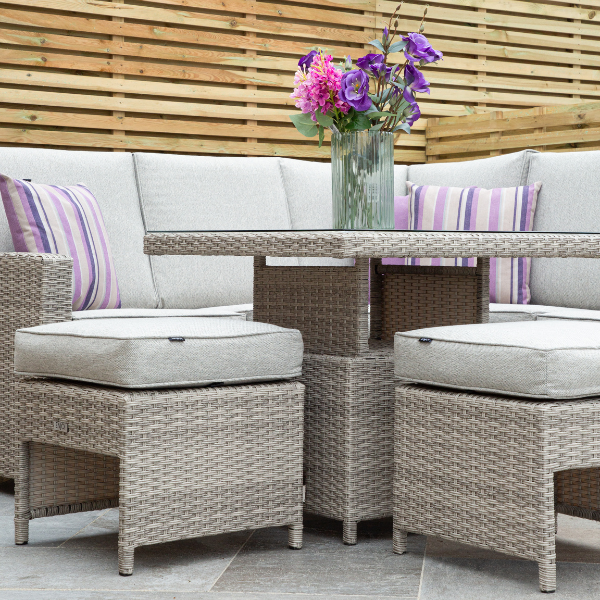How To Feed Outdoor Plants
Here's a guide on how to ensure your outdoor plants remain healthy and vibrant by regularly feeding them:
Why Feed Your Plants?
While many plants can derive nutrients from soil, sunlight, and water, regular feeding provides a boost to ensure optimal health.
Potted plants require regular feeding as the nutrients in shop-bought compost are depleted after about 6 weeks.
Types of Plant Food:
General Purpose/All-purpose:
Available in granular, soluble powder, or liquid concentrate forms.
Granular fertilizers are suitable for shrubs and plants in the ground, while liquids or soluble powders are faster acting and better for container plants.
Tomato Food:
Suitable not only for tomatoes but also for sweet peppers, aubergines, strawberries, and flowering potted plants.
Typically comes in liquid form and needs to be diluted before use.
Rose Food:
Specially formulated to provide roses with essential nutrients throughout the season.
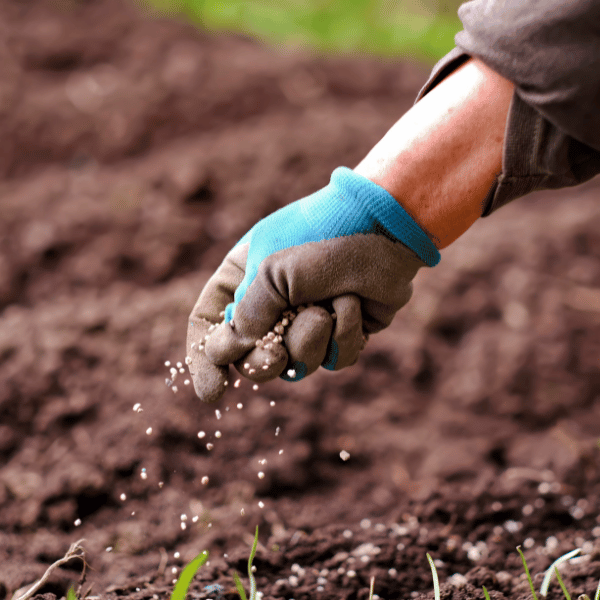
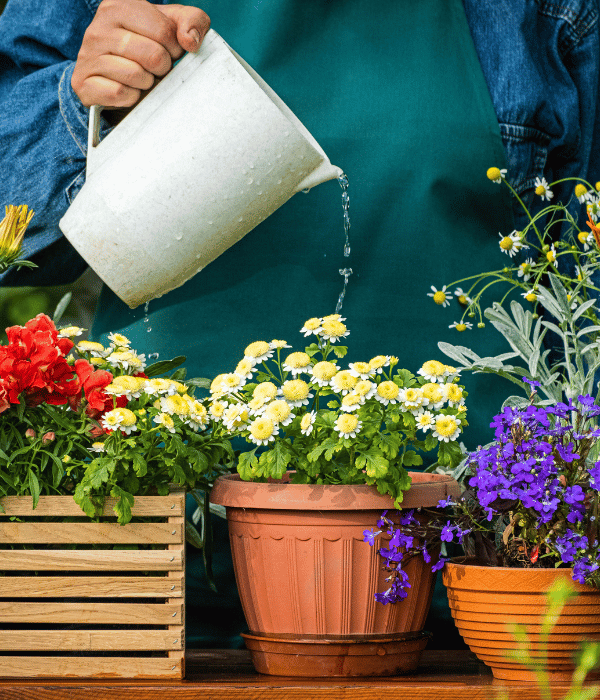
Equipment Needed:
No special equipment required; simply sprinkle granular feed onto the soil or mix soluble powder/liquid concentrate with water in a watering can or jug.
Frequency of Feeding:
Frequency varies based on the type of plant food and the plants being fed.
Labels on plant food packages provide instructions on timing and quantity.
Generally, plants in pots should be fed every seven to 10 days from spring to autumn.
Avoid Overfeeding:
Overfeeding can harm plants, so it's essential to follow label instructions regarding frequency and quantity.
Avoid feeding plants every time you water and be mindful of the recommended feeding schedule provided on the product label.
By following these guidelines, you can ensure your outdoor plants receive the necessary nutrients for robust growth and flourishing health throughout the growing season.

 2,768 REVIEWS
2,768 REVIEWS